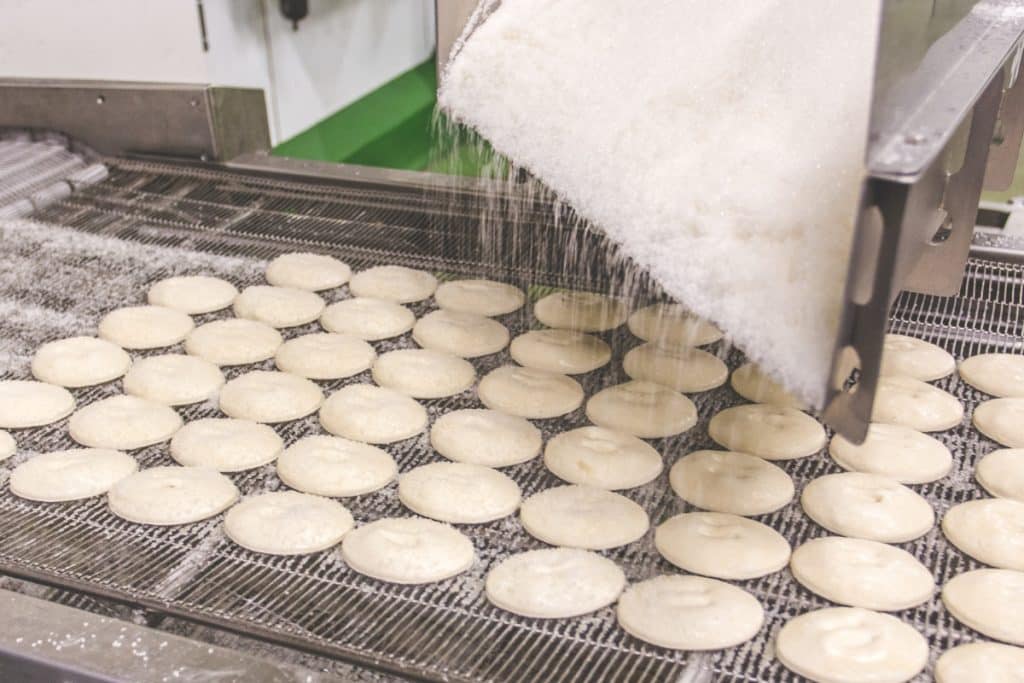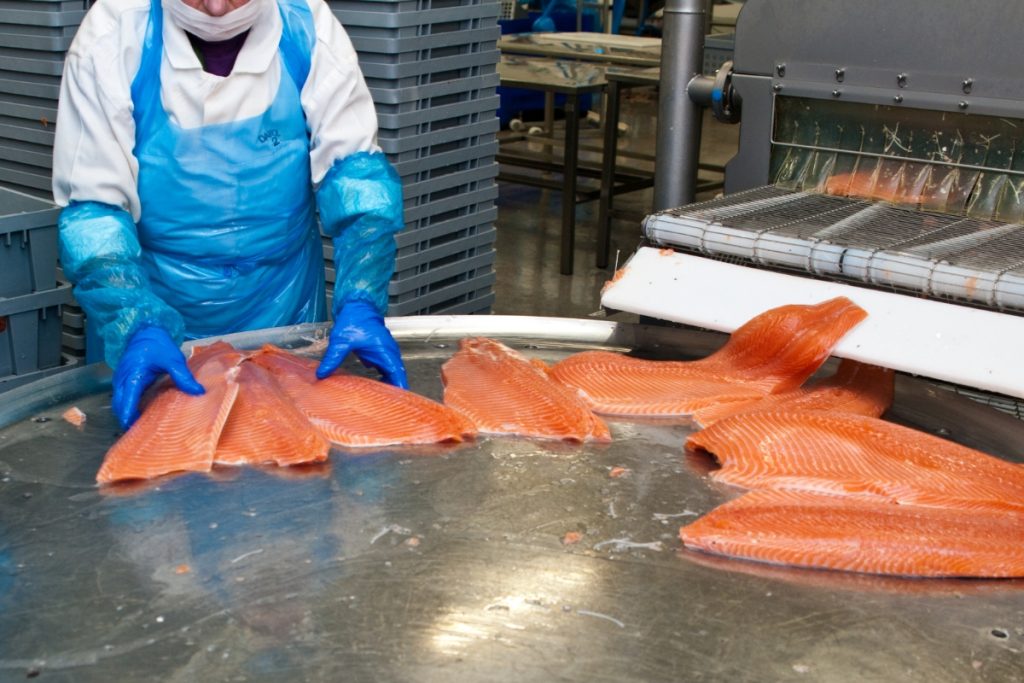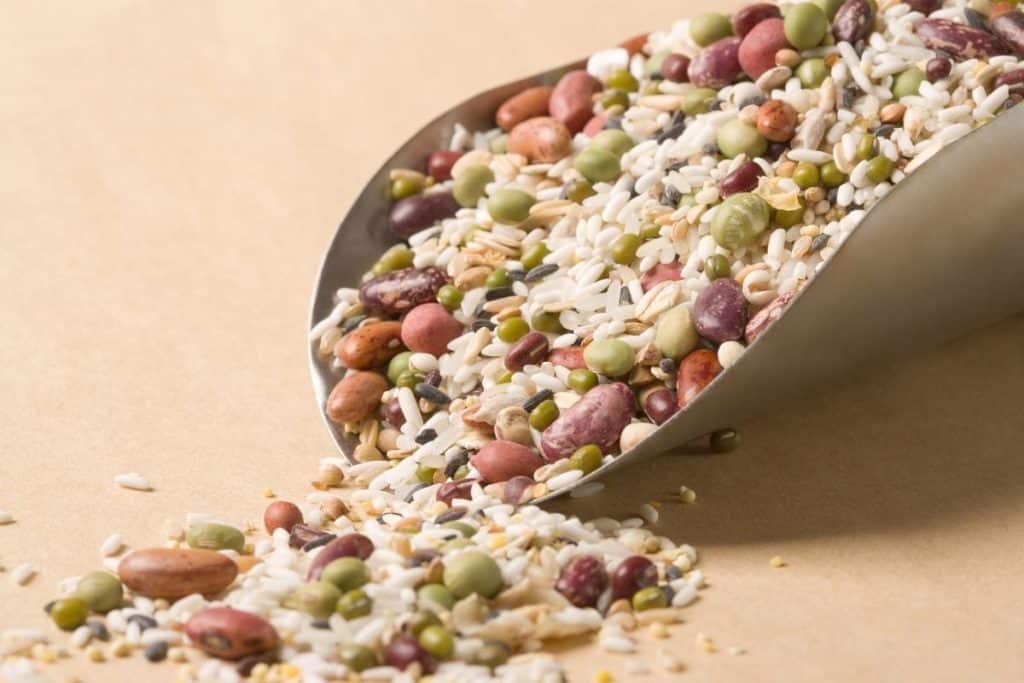Waste is inevitable in manufacturing and can only be minimized by implementing strategic approaches. According to data, one-third of the global food produced, approximately 1.3 billion metric tons doesn’t reach the final consumer. Implementing an ERP into your food manufacturing process will effectively reduce waste and help control costs. Here is how to use practical ERP solutions like GoldFinch ERP in manufacturing.
Where Is Food Waste Most Likely to Occur in the Production Process?
Food waste is becoming a serious problem mainly because of today’s food supply chain’s complexity and the high demand for food products. You can reduce waste and control related costs by implementing the right technology, an ERP for manufacturing.
In the food production process, waste mainly occurs in the following stages:
- Forecasting– Your team can make some errors when forecasting market demand, exposing your firm to waste from over-production.
- Inventory Mismanagement– Inventory mismanagement and unnecessary logistics also contribute to waste since there is the likelihood that the food might go bad.
- Quality Control and Preservation– It is crucial to ensure you produce and store the food products in the required temperature conditions to prevent microbial growth contamination.
How to Reduce Food Manufacturing Waste and Control Costs, and How ERP Helps
The best approach to control costs and reduce waste in your food manufacturing processes is taking the necessary proactive steps. A streamlined manufacturing process will benefit your financial perspective while focusing on public welfare and brand reputation.
This section explains the strategies to consider in developing your perfect configuration and how an ERP will help.
Prevent Product Damage
Industry standards deem food products with physical damage unfit for sale. It is among the main reasons you need to increase your efforts at reducing waste through proper training. Ensure your employees understand safe processing and handling techniques to preserve the food product’s integrity.
The product’s packaging is also essential in preventing product damage. Improper packaging may increase sunk costs since it exposes the products to damage, making them unfit. Implementing an ERP solution provides you with all the necessary features to set packaging specifications and reduce exposure to product damage during transit.
Minimize Spoilage
Another common waste source in most food production facilities is spoilage. Keeping spoilage to a minimum requires implementing smart storage and transportation sensors and controls to help manage humidity and temperature in real time. You can also use the first-expiry, first-out inventory control technique to reduce spoilage significantly.
The best solution is introducing a food-focused ERP solution to help integrate all connected devices in storage, providing you with real-time insights on any range of deviations. ERPs also help enforce your FEFO picking technique by calculating freshness windows and indicating the materials next.
Limit Overfilling
Shortchanging customers in the food industry is the fastest way to lose customers and compromise brand reputation. Because of this, most manufacturers prefer packaging excess content. However, the extra food content in the packaging also contributes to waste in the production process.
You can integrate ERP software into your food production process to dial in your packaging volumes and quantities. The software allows you to sync with intelligent equipment like scales and digital imaging devices to provide accurate results in the database. A formula management tool also helps you control material quantities and volumes with more precision.
Repurpose and Recycle
The only products you cannot recycle or repurpose are those scrapped due to quality or contamination issues. Other items categorized as waste may be imperfect but still safe to consume.
It would be best to research new ways to reroute salvageable waste products and byproducts and use them in other goods or settings. Most manufacturers refer to this practice as upcycling. Recent research shows that 76% of consumers are ready and willing to try out food produced with upcycled ingredients.
ERP systems also provide a comprehensive solution to maximize the recycling and repurposing of waste and byproducts. The software makes it easy to find vendors interested in the byproducts and defective goods for further processing.
Streamline the Supply Chain
Your supply chain network is the heart of your food manufacturing operation. Experienced manufacturers know that optimizing the flow of materials and finished products is crucial in reducing waste in food production. You can start by considering service and transportation disruptions in your processes and finding ways around them.
Implementing an ERP solution like GoldFinch streamlines the supply chain by providing traceability features to capture important information at CTPs automatically. The right solution also leaves your team confident that product movement is smooth without compromising compliance or safety.
Are There Challenges of Controlling Waste and Costs within Food Manufacturing?
There are several challenges to controlling waste and costs in your food manufacturing process. Because of these challenges, many businesses incur losses due to waste in their production processes.
The following are the challenges to expect when planning to control costs and reduce waste:
- It is not easy to measure and monitor food loss and waste since there is no definitive and uniform standard.
- Significant analytical capacity and data are necessary when assessing the social and private benefits of waste reduction and controlled costs.
- Scarce information compromises investment decisions and policy design.
- There are numerous points of interaction along the supply chain which degrade the final quality.
Why GoldFinch ERP?
If you are looking for software that delivers the recipe to a highly profitable food production company, GoldFinch has you covered. Implementing this solution in your operations allows you to overcome challenges in the food and beverage industry.
Here is how GoldFinch ERP can help reduce food manufacturing waste:
- It forecasts raw materials requirements using predictive analysis, helping you avoid over-ordering or under-ordering ingredients.
- It provides real-time monitoring of all production processes, which helps manufacturers identify potential problems early.
- GoldFinch ERP also helps in optimizing yield by focusing on elements like processing time and equipment settings.
- The platform also plays a crucial quality role of control in the food production process.
Conclusion
Many food and beverage manufacturers opt for ERP implementation to reduce waste and control costs. Solutions like GoldFinch ERP have everything you need to optimize food production processes.



